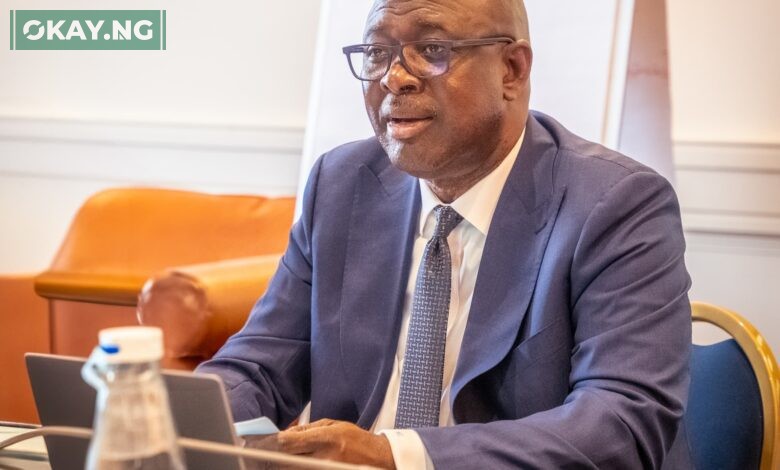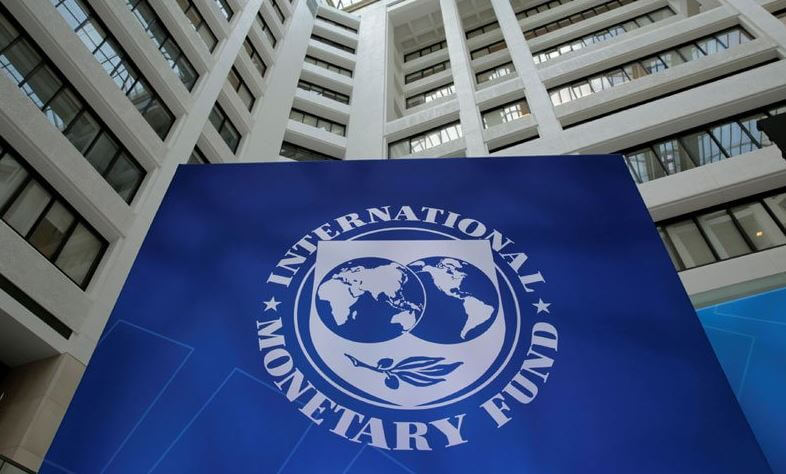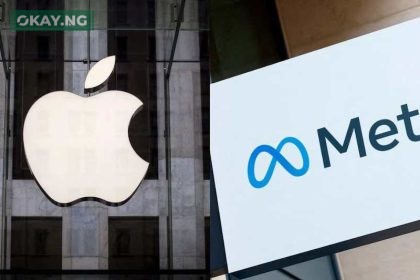The Nigerian federal government has issued a clear directive to International Oil Companies (IOCs): develop your assets or risk losing them. Minister of Petroleum Resources (Oil), Heineken Lokpobiri, announced plans to enforce the “drill or drop” provisions of the Petroleum Industry Act (PIA) during a recent Cross Industry Group (CIG) meeting in Florence, Italy. This move signals a determined effort to maximize the nation’s oil resources and stimulate economic growth.
Key Points and Analysis
Minister Lokpobiri’s stance is rooted in the frustration over prolonged asset idleness. “We cannot continue to have assets sitting idle for 20 to 30 years without development,” he emphasized. “If you are not utilizing an asset and it remains underdeveloped for decades, it neither adds value to your books nor to us as a country.” This statement highlights the government’s commitment to ensuring that Nigeria’s vast oil reserves contribute meaningfully to the nation’s economy.
The “drill or drop” policy, as outlined in the PIA, aims to compel IOCs to accelerate asset development or relinquish underutilized holdings. This approach is designed to:
- Increase Production: By forcing action, the government aims to boost Nigeria’s crude oil output, meeting both domestic and international demands.
- Encourage Collaboration: Lokpobiri urged companies to explore shared resources for contiguous assets and consider farm-out agreements, promoting efficient resource utilization.
- Attract Investment: Releasing underutilized assets to operators ready to invest will inject fresh capital into the sector.
Industry Response and Government Initiatives
Osagie Osunbor, Chairman of the Oil Producers Trade Section (OPTS), acknowledged the government’s efforts. “We appreciate the government’s commitment to creating a conducive environment for investment,” Osunbor stated. This positive reception indicates a willingness to engage with the government’s directives.
The government has also taken steps to facilitate investment, including President’s Executive Order incentivizing deepwater investments. Lokpobiri noted, “The Government has done its part by providing the requisite and investment-friendly fiscal policies… Now, the ball is in the court of the IOCs and other operators to make strategic investment decisions that will drive increased production and sustainability in the sector.”
Implications and Future Outlook
The implementation of the “drill or drop” policy has significant implications for Nigeria’s oil and gas sector:
- Economic Growth: Increased production and investment will stimulate economic activity and create jobs.
- Energy Security: Ramping up production will strengthen Nigeria’s energy security and ensure a steady supply of crude oil for local refineries.
- Local Refining Support: As more refineries come online, a stable crude oil supply is crucial for their operation. The minister also advocated for IOCs to support local refineries.
This policy reflects a broader trend of resource-rich nations seeking to assert greater control over their natural assets. It will be interesting to monitor how IOCs respond and the subsequent impact on Nigeria’s oil production and economic landscape.
The Federal Government is committed to ensuring a thriving oil and gas industry and expects operators to match its commitment by making tangible investment decisions that will drive growth, sustainability, and national energy security.












